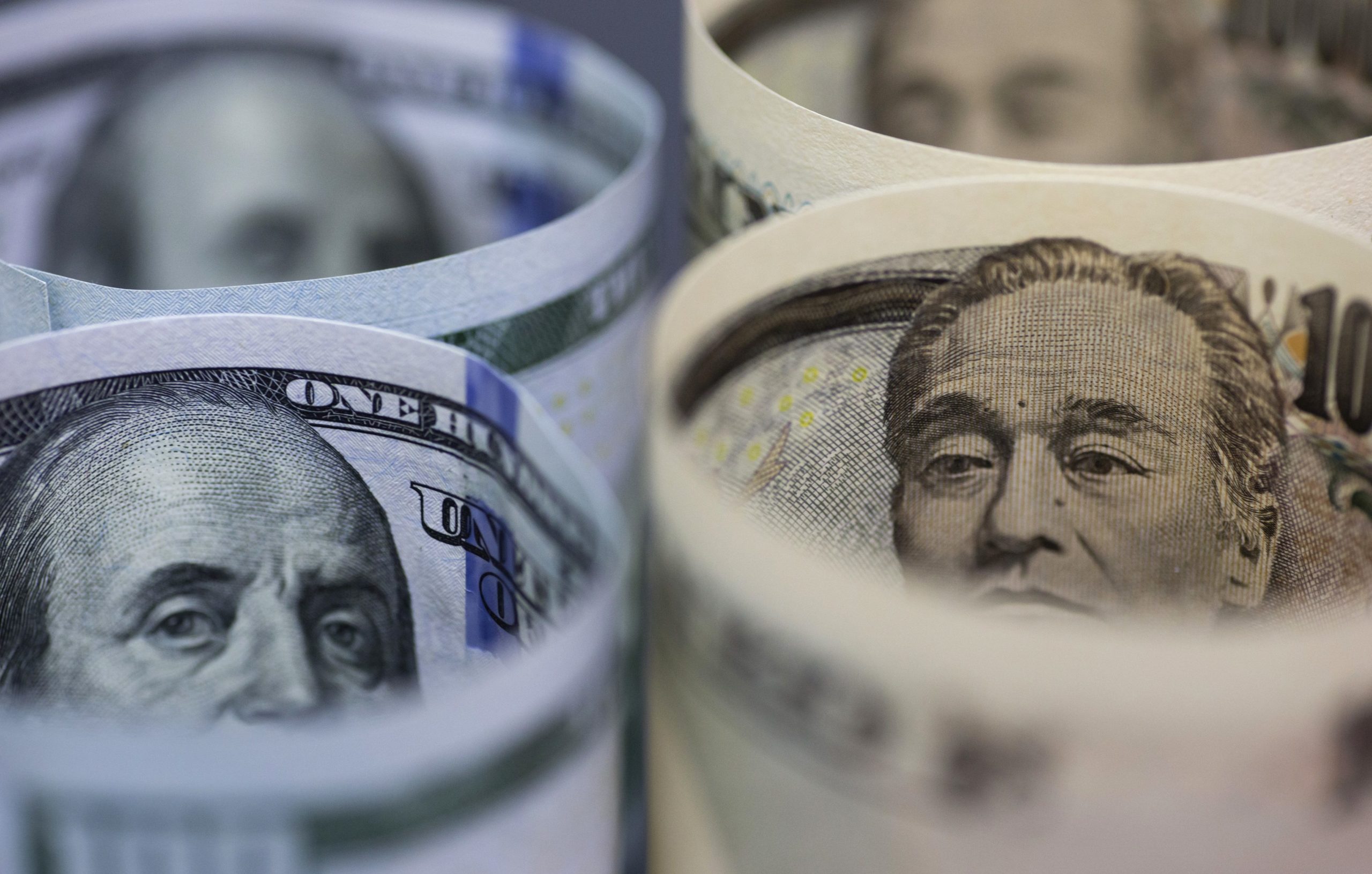- Naira to Continue Gain on Dollar Supply to BDCs
The naira is expected to appreciate further this week following the Central Bank of Nigeria’s approval of dollar sale to Bureau De Change operators.
The CBN has given approvals to First Bank of Nigeria Limited and Travelex, a global foreign exchange company, to commence sale of dollars to the BDC operators.
Travelex had last week commenced dollar sale to the BDC operators in line with the central bank’s approval and directive.
First Bank also said it had received the CBN approval to commence sale of dollars to the BDC operators.
The naira closed at 460 to the dollar on Friday, firmer than 473 the previous Friday. At the official window, the local currency was quoted at 314.50/dollar on the official interbank window at 11:21GMT.
The local currency has consistently closed around 305 to the dollar in the last four weeks.
“About 1,700 bureaux de change are currently accessing $15,000 each from Travelex every week and we expect the improved dollar liquidity in the market to have positive impact on the value of the naira,” the President, Association of Bureau De Change Operators of Nigeria, Aminu Gwadabe, told Reuters.
The Ghana cedi is expected to maintain its stability against the dollar this week and news of higher than expected inflation will take time to filter through to the foreign exchange market.
The cedi closed at 3.9600 against the dollar on Friday. Ghana’s central bank had set a mid-term target for inflation of eight per cent by mid-2017 but inflation rose to 17.2 percent in September, from 16.9
The Tanzanian shilling is expected to remain stable this week due to sapped demand for United States dollars.
The Tanzanian shilling is forecast to remain stable this week with a slowdown in demand for the United States dollars from importers.
Commercial banks quoted the shilling at 2,178/2,188 to the dollar on Friday, unchanged from it recorded the previous week.
The Kenyan shilling is expected to find support from foreign exchange inflows from institutional investors buying government securities.
At 0905 GMT, commercial banks quoted the shilling at 101.20/40 to the dollar, the same as last Friday.
“There are capital flows coming into the market and I see that supporting the shilling,” said a trader from a commercial bank.
The Zambian kwacha may come under pressure this week due to reduced supply of dollars.
At 1214 GMT, commercial banks quoted the currency of Africa’s second-largest copper producer at 9.9500 per dollar from 9.8900 a week ago.
“After the tax payment deadline, we could see a reduction in (dollar) supply and consequently take the rate higher,” the local branch of South Africa’s First National Bank said in a note.
The Ugandan shilling is forecast to weaken over the next one week, sapped by surging appetite from offshore investors cutting positions in government debt and banks taking advantage of excess local currency liquidity.
At 2201 GMT commercial banks quoted the shilling at 3,435/3,445, weaker than last Friday’s close of 3,400/3,410.
“There’s quite a lot of liquidity in the interbank and I think players will be taking advantage of that to build positions,” said a trader at one commercial bank, who added that offshore investors would also likely be offloading some debt after a fall in debt yields at recent auctions.


 Forex3 weeks ago
Forex3 weeks ago
 Naira3 weeks ago
Naira3 weeks ago
 Billionaire Watch2 weeks ago
Billionaire Watch2 weeks ago


 Naira3 weeks ago
Naira3 weeks ago




 Naira2 weeks ago
Naira2 weeks ago




 Naira1 week ago
Naira1 week ago




 Naira4 weeks ago
Naira4 weeks ago
 Banking Sector4 weeks ago
Banking Sector4 weeks ago























